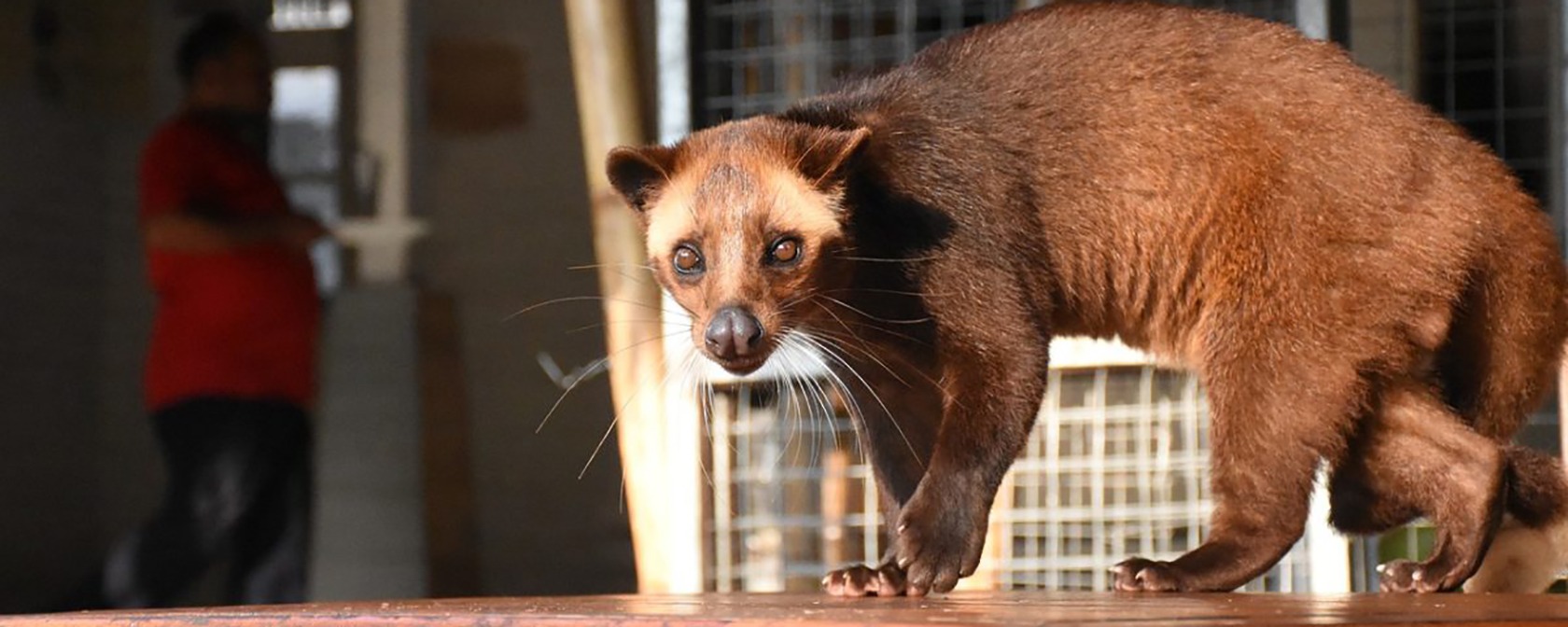This nation cannot move fast enough to reduce the pandemic threats associated with live wildlife markets and the trade in live wildlife. That’s why we’re delighted that the House voted late yesterday in a winning bipartisan vote of 362-59 to include key elements of the Preventing Future Pandemics Act (H.R. 151) within its annual National Defense Authorization Act (NDAA) package, which ultimately passed 316-113. The Department of Defense and other agencies have long recognized zoonotic disease and wildlife trafficking as matters of national security, and it’s only right that the Congress follow suit.
Yesterday’s vote means that two pieces of the Preventing Future Pandemics Act—via amendments — will be considered in the House-Senate negotiations on the final NDAA. The first would set U.S. foreign policy and provide direction and resources to eliminate the most dangerous (and cruel) flashpoints for the spread and mutation of zoonotic diseases, live wildlife markets and the trade in terrestrial wildlife for human consumption. The provision would leverage American leadership in the global community to stop the terrible risk-laden conditions of the live wildlife trade that permit these deadly viruses to be introduced.
The second would authorize significant new resources for a U.S. Fish & Wildlife Service program to combat wildlife trafficking, increasing the program’s capacity fivefold and authorizing $150 million per year through 2030.
In our successful lobbying efforts, we demonstrated that these two amendments rightfully belong under the umbrella of national security. In 2020, 190 Navy ships registered COVID-19 cases (some 65 percent of the fleet) with nearly 75,000 infected service members. Even after appropriate disease control measures were adopted, U.S. fleets were forced to make do with reduced maintenance and longer deployments, impairing military readiness.
The House vote comes just after the release of a United Nations report that identifies the human consumption of terrestrial wild animals as a potent source of viral pathogens like SARS, Monkeypox, Ebola, and COVID-19. The UN report focused on the links between zoonotic diseases and activities that bring humans, wildlife and domestic animals into increasingly close and intense contact, including habitat encroachment, transportation of wildlife to markets, and the wildlife trade.
As the fourth most lucrative illegal industry in the world—right behind illegal human, drug, and arms trafficking—the illicit trade in live wildlife contributes to increased global instability through zoonotic disease spread and the financing and metastasis of other organized criminal activities. This helped to strengthen the position of Representatives Mike Quigley, D-Ill., Fred Upton, R-Mich., Ro Khanna, D-Calif., and Brian Fitzpatrick, R-Pa.in their effort to add the amendments. They were united in their view that the NDAA is a fitting place for Congress to set the bar high on national action to stave off future pandemics tied to live wildlife markets and the destabilizing trade in wildlife worldwide.
“We must prevent the next pandemic before it can start. Our economy, our physical and mental well-being, and our very livelihoods depend on it,” said Representative Quigley. “The COVID-19 pandemic has significantly impacted not only our individual health but the safety of our entire nation. By including key components of the Preventing Future Pandemics Act in the NDAA, we ensure that our military’s readiness never again faces the threat of a global health crisis. The next pandemic can be stopped, and this is a vital first step.”
We also helped rally support for another amendment included in the House NDAA, one that would provide the Department of Commerce with the necessary authority to address pressing threats to marine mammals like the North Atlantic right whale and humpback whale, including climate change, ship strikes, and amplified noise in ocean ecosystems. With respect to ship strikes, the amendment would ensure that the National Oceanic and Atmospheric Administration identifies areas presenting high risks of vessel collisions with marine mammals, develops vessel restrictions in those areas, and creates a near real-time monitoring and mitigation program to reduce the risk of collisions. The champions of the measure were Representatives Rick Larsen, D-Wash., Raúl Grijalva, D-Ariz., Derek Kilmer, D-Wash., Marilyn Strickland, D-Wash., Suzan DelBene, D-Wash., Alan Lowenthal, D-Calif., and Kim Schrier, D-Wash.
Now the final NDAA will need to be worked out between the House and Senate, with deliberations expected in late October. We’ll be there to make the argument that the United States should seize this opportunity to demonstrate enlightened leadership in reducing the global pandemic threat, the scourge of wildlife trafficking and the reckless illegal trade in terrestrial wildlife for human consumption, as well as to provide urgent protections to imperiled whales.
The wildlife markets and the larger wildlife trade are riddled with cruelties, and by bringing an end to them we can bring relief to millions of animals who are their victims. But we would also be doing ourselves great good by forever stopping these practices that put us all at risk. Given the devastation, turmoil and upheaval that COVID-19 has caused throughout the world for the last year and a half, there’s no time to lose.




